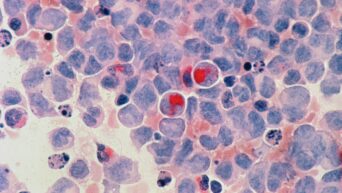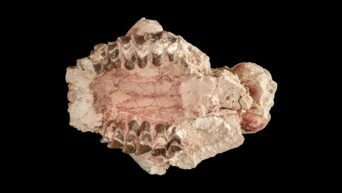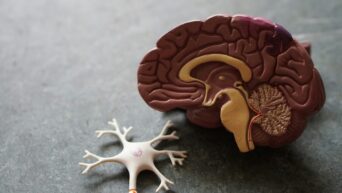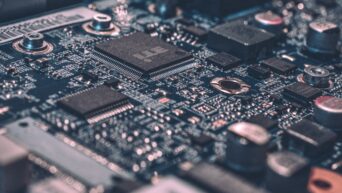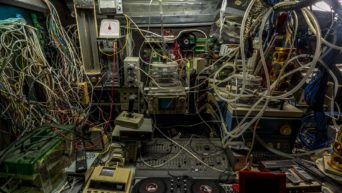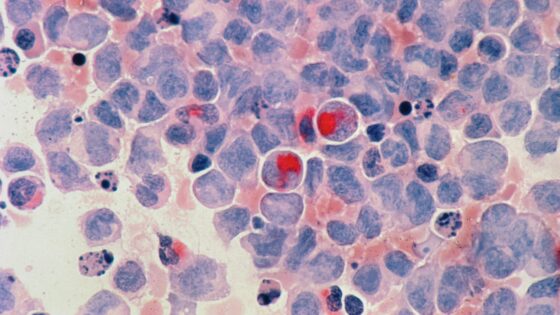All cancers are scary, but when you hear that you have pancreatic cancer, the fear goes even higher.
Pancreatic cancer has been nearly impossible to treat in people. The reason behind the difficulty is that the tumors destroy the surrounding blood vessels that doctors need to deliver anti-cancer drugs.
With this information, researchers are turning their focus toward how the tumors are attacking the blood vessel cells. When they knocked out parts of a molecular messaging system, they noticed that the growth slowed and the density surrounding the blood vessels increased in mice and human cells.
If a drug can be developed to rescue the blood vessels around the tumor, there can be enough time for other drugs to be delivered to the patient and shrink the tumor mass. This is, unfortunately, something that doctors cannot currently perform on patients. More than 90% of the estimated 56,770 Americans who will be diagnosed in 2019 will die within five years.
The reason that studying pancreatic cancer has been so difficult is because of its location. Since it is buried deep in the stomach, looking at a tumor or removing sections of it for study purposes would require opening up the patient, which increases the risk for other problems to occur.
Researchers embedded live human pancreatic cancer cells and human endothelial cells (a type of cell lining blood vessels), in transparent plastic chips. They created two channels that ran through a gel made of the protein collagen. One of the channels had pancreatic cancer cells, which would represent a tumor, while the other channel had endothelial cells, which would represent a blood vessel.
After only four days, they saw that the pancreatic cells sent tendrils into the gap between the channels, completely dominating the blood vessel. Within eight hours of the attack, endothelial cells began to die. 20% of the cells were dead within seven days.
Their next task was to find out what the culprit killing the tumors was. They noticed a group of proteins, transforming growth factor-beta (TGF-beta), which stimulated tumor growth in other cancers. After going through an extensive list, they observed that the ALK7 receptor protein was interacting with the TGF-beta. If the ALK7 receptor was removed, the tumor’s growth slowed down and prevented cancer cells from killing endothelial cells. This is a huge breakthrough in finding a target for drugs to attack.
It is an understatement to say how miraculous this could be if they were able to put a drug together that could slow down the advancement of pancreatic cancer. While not yet a solution, this is certainly a step in the right direction.
















